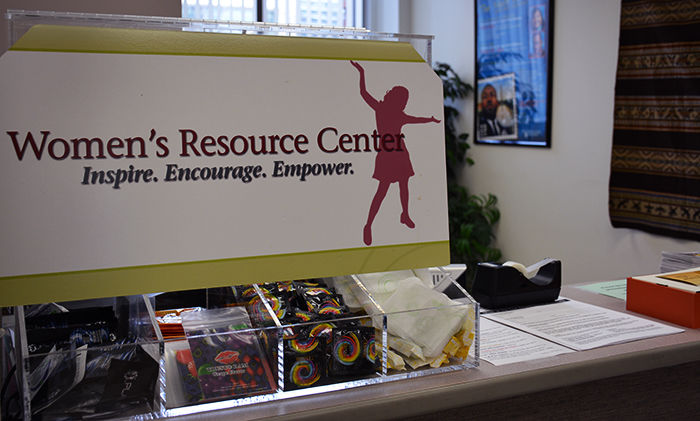Zambia leads in menstruation accommodation
March 21, 2017
Every month like clockwork, for two to seven days, women experience periods as part of a natural discourse of the female body. Despite the discomfort and, at times, severe pain associated with menstruation, women carry on with their daily functions and duties.
In a country that prides itself on its progressive stance on women’s issues, the reality is that these issues often end up at the bottom of the nation’s agenda. Conversations surrounding our bodies are often centered on ways to control them rather than ways to accommodate for the needs that women have.
In Zambia, a country in southern Africa, all women in the workplace are allowed one day off a month, according to BBC News.
This day is known as “Mother’s Day” and was established to accommodate women who may need some time off for various applicable reasons during their periods.
Women are known to experience a variety of symptoms on their periods. These symptoms include pain, cramps, bloating and fatigue. According to an article by Haley Goldberg in Self Magazine, 20 percent of women experience period symptoms so severe that it affects their function and interactions, two things that one could consider vital in a work setting.
Although similar legislation exists in other parts of the world, like Asia, Zambia is leading the way in Africa concerning accommodations for women in the workplace.
At this time, countries that have enacted menstrual leave laws for women include Japan, Taiwan, China, Indonesia and South Korea. In fact, Japan has had period days for women since 1947, according to an article by Somya Abrol in India Today.
The western world brags about leading in women’s issues and yet, as of now, no western country has specific legislation for women and periods in the workplace.
I know what you’re thinking. Why not just call in if you are not feeling well? While that is certainly a choice that all people in the workplace have, there is something exceptional about one’s government going so far as to create legislation to accommodate the needs of roughly half of its citizens. It shows that women’s needs and concerns are important to that country and that they have left the door open for choice.

Feminine hygiene products are available to all women in the WSU community in the Women’s Resource Center in Wilson-Short Hall.
Timonae Taylor, senior and Coalition for Women Students (CWS) chair, believes this type of legislation is a sign of progress in the women’s rights movement.
“It shows that their society recognizes the ways in which women can be limited and allows women the opportunity to publicly speak about their bodies,” she said, “which is something they have not always been able to do.”
Although some may see taking period days off as a sign of weakness for women, I would argue that the fact that women have to endure periods at all is a sign of immense strength.
To be clear, the presence of supportive legislation is not equal to the absence of misogyny within a society. For example, even though Zambia has “period days” for women, periods are still considered a taboo topic in their society, hence its name “Mother’s Day.” However, it is still a sign of progress.
There should be no shame around something as natural as periods.
“In the Women’s Resource Center,” Taylor said, “we provide products such as free hygiene products including pads, tampons and cleansing wipes for women students here at WSU.”
Despite the fact that most female bodies experience periods, not every woman feels that she needs a day or two off to accommodate her period. What is more important is that she should be given the choice.
Basheera Agyeman is a junior comparative ethnic studies major from Accra, Ghana. She can be contacted at 335-2290 or by [email protected]. The opinions expressed in this column are not necessarily those of the staff of The Daily Evergreen or those of The Office of Student Media.

















